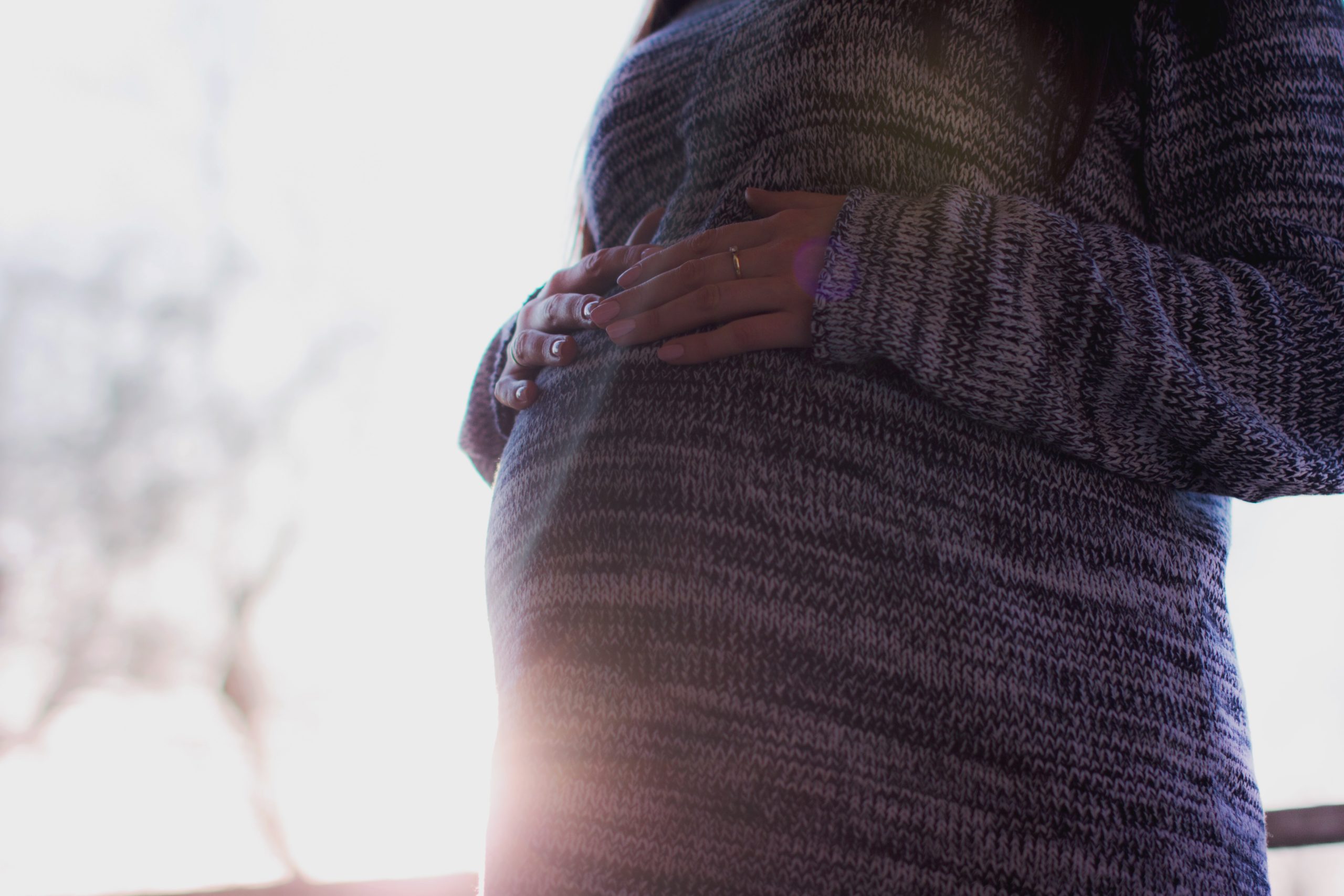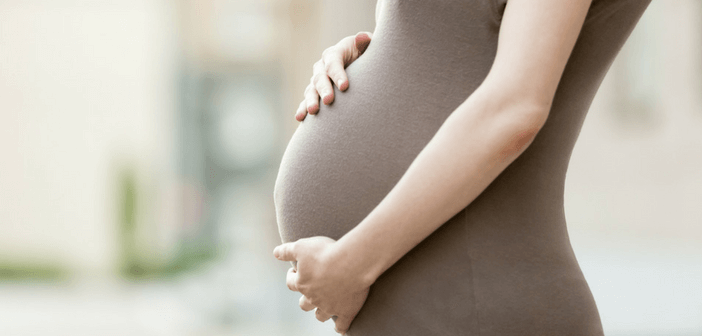Maternity and autism
Research on autism is addressing some of the many issues that are pending and one of them is the situation and perspectives of the rest of the family: fathers, mothers, siblings, grandparents… A recent study examines some aspects of women with autism who have had a child with ASD, compared to women without autism who have also had a child with autism.
There are no estimates of the number of autistic adults who are parents. Between 17 and 23 percent of parents of children with autism have what is known as the broad phenotype of autism; that is, even though they do not meet the characteristics required for a diagnosis of autism, they do have some features. In addition, it is clear that autism has a genetic component so there are traits that are observed in both parents and children and quite a few parents share their children’s difficulties in areas such as sociability or communication.

The situation is difficult to study because it is possible that some mothers have undiagnosed autism and others have been diagnosed after having children. Many mothers realize they have autism when they begin to investigate their child’s symptoms. In the UK, it is estimated that twice as many women as men have undiagnosed autism (10% compared to 5%) 1. Therefore, there are parents of children with and without ASD who are normotypic, others who have ASD and others who are in between. On the other hand, many autistic mothers hide their condition for fear that their children will be taken away if social services think their autistic features may be a danger to the child. One mother said, “I only admit that I am autistic to better support my daughters and overcome obstacles on their behalf”. (1) So, when we say that we are comparing mothers with ASD and mothers without ASD, we may be making a mistake, but we need to know but accept that our data will not be perfect.
There are some articles about how having an autistic child affects family dynamics and the lives of parents, but the experience of mothers who are themselves autistic has yet to be explored. Women with intellectual disabilities and psychiatric disorders often want to be mothers, but for mothers who have a mental health problem, the stigma associated with their condition has a major impact on how they see themselves as mothers, their fears and their difficulties. They often feel that the concept of a model mother is unattainable for them because of the negative connotations of their condition. Stigma is also a formidable barrier to accessing services or seeking support among family members or friends, who may reject or be very critical of the motherhood from the outset.
The casuistry is very diverse: there are mothers who fear discrimination over their ability to care for their child, there are others who fear that their child may be taken away from them by social services, others who think that not only do they not receive the benefit of the doubt but that they are suspected, without any information to support it, that they will do it wrong. They often fear being judged or singled out and that may prevent them from seeking necessary services for themselves or their children, services to which they are entitled. These fears are based on the fact that parents with an intellectual disability are often subject to greater scrutiny by social services and are at greater risk of having their parental rights restricted. In addition, persons with autism are at greater risk of mental illness. An example of this is that postpartum depression is more common in people with a previous history of autism, and autistic mothers are at greater risk for postpartum depression. Together, the feelings of isolation, fear of judgment, and the stigma of autism can have an adverse effect on mental health, especially in the early stages of motherhood where women have to adjust to their new identity as mothers.

Simon Baron-Cohen’s group has studied the experience of mothers in the perinatal period, before, during and after childbirth, and the onset of motherhood 2. This period and its analysis include pregnancy, childbirth and the post-partum period. They have analysed how mothers live out their strengths and weaknesses, communication with professionals in relation to the child, difficulties attributable to mental health and social experience in relation to motherhood, and sharing the diagnosis of child autism in motherhood-related contexts.
The authors used a community-based participatory research model and recruited a panel of counselors along with those who developed an online, anonymous survey for mothers of children with ASD. The survey was completed by mothers with and without autism. A total of 355 mothers with autism and 132 mothers without autism, all with at least one child with autism, completed the questionnaire. The two groups were compared using a statistical chi-square analysis.
The two groups, mothers with autism and mothers without autism, presented differences in educational level, gender identity and age at the time of birth of their first child. Mothers with autism were more likely to have had additional psychological problems, including pre- or postpartum depression, and indicated greater difficulties in areas such as multitasking, coping with household responsibilities, and creating social opportunities for their child. They more often said they felt misunderstood by professionals and reported more anxiety, greater risks of selective mutism, and a lack of knowledge about what details were appropriate to share with professionals. It was also more common for them to experience motherhood as an isolating experience, to worry that others would criticize how they were doing their parenting, or to feel unable to turn to others for support. Despite these difficulties, however, autistic mothers were able to act in the best interests of their children, putting their child’s needs first. Many are excellent mothers.
The findings of the study are that autistic mothers face unique challenges and the stigma associated with this condition can exacerbate their communication difficulties. There is a need for greater understanding and acceptance among individuals who interact with autistic mothers. These mothers would benefit from greater support, support that must be more tailored to their needs.
References
- Hill A (2017) Mothers with autism: ‘I mothered my children in a very different way’. The Guardian April 15. https://www.theguardian.com/lifeandstyle/2017/apr/15/women-autistic-mothers-undiagnosed-children ↩
- Pohl AL, Crockford SK, Blakemore M, Allison C, Baron-Cohen S (2020) A comparative study of autistic and non-autistic women’s experience of motherhood. Mol Autism 11: 3. doi: 10.1186/s13229-019-0304-2 ↩
1 comment
[…] Zer ezberdintasun eta zer antzekotasun dituzte autistak diren autisten amak eta autistak ez diren autisten amek? J.R. Alonsoren Maternity and autism […]